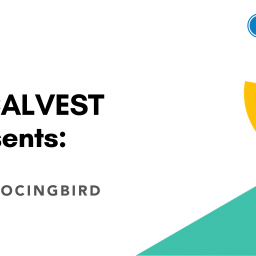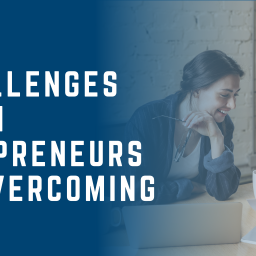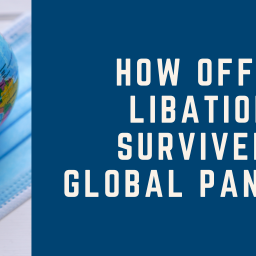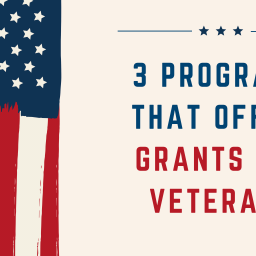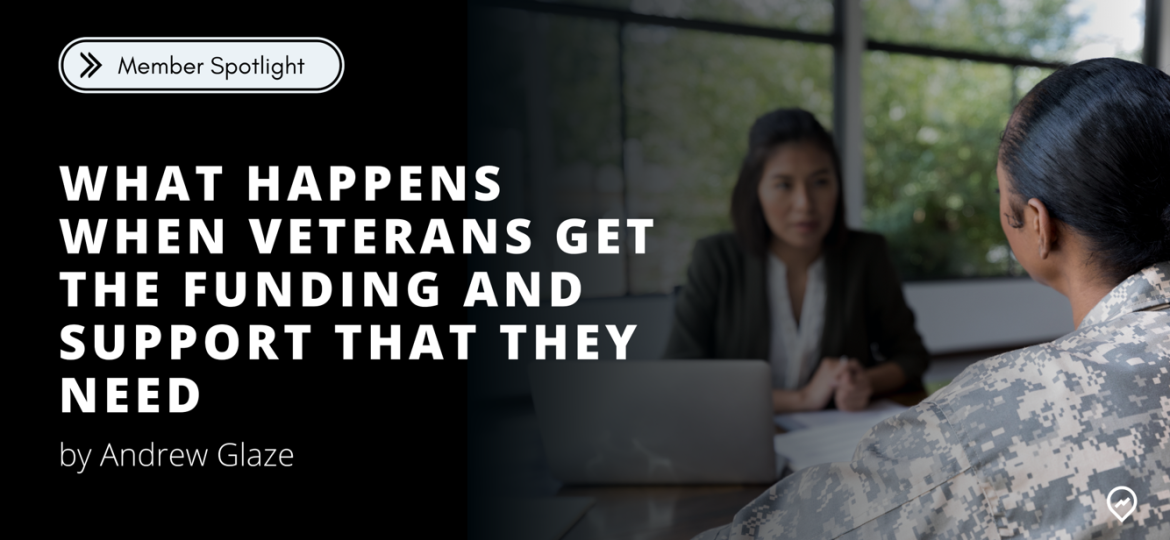
We’re excited to share another article by Andrew Glaze, a West Point and Columbia graduate, and CEO of Wealth Stack. Andrew brings to light why capital funding access needs to be democratized for all. Let’s take a look at why that matters and some of the resources available to help veteran entrepreneurs.
According to the U.S. Small Business Administration, vets are 45% more likely to start their own business, and one out of 10 small businesses in the U.S. are veteran-owned. That’s around 2.4 million businesses.
Our nation’s veterans are experienced, disciplined, and highly skilled, making them natural entrepreneurs. Many, however, face challenges transitioning back to civilian life and may not have access to the right resources or networks on the path to becoming a veteran business owner.
My company (Wealth Stack) and I are committed to changing that by providing veteran entrepreneurs with the tools they need to start and grow their businesses. Capital funding access needs to be democratized for all. Let’s take a look at why that matters and some of the resources available to help veteran entrepreneurs.
Veteran Entrepreneurship Helps Provide Purpose
Veterans are 1.5 times more likely to die by suicide than nonveterans (a staggering statistic and one that’s even higher for female veterans, who are 1.8 times more likely).
Many factors contribute to the suicide rates among veterans, but one factor is the ability to integrate successfully back into civilian life. As a member of the New York Board of The Mission Continues, I saw firsthand just how much light returns to someone’s life when they feel like they have a purpose. If you give a vet a mission, they have something to fight for and live for.
While many veteran-owned businesses hire veterans as a way to give back to the veteran community, I have found that helping veterans access the capital they need to expand their businesses amplifies the effects of America’s unique veteran entrepreneur ecosystem.
Lack Of Capital Access Can Prevent Veteran Entrepreneurs From Building Businesses
From Bob Parsons of GoDaddy to Phil Knight of Nike, veterans have been founding and scaling businesses for decades. Veterans have skills that serve them well in the entrepreneurial world. From the ability to stay calm under pressure to incredible adaptability, veterans are well-equipped to lead a team of employees straight into the fire in pursuit of greatness.
After WWII, nearly 50% of veterans went on to start businesses, noted Kimberly Weisul in a 2016 article for Inc. As of that year, only 4.5% of post-9/11 vets had gone on to become entrepreneurs or build businesses. This represents a roughly 90% drop. While the article notes a variety of reasons for this decline, I believe the lack of business funding and investment banking know-how is part of the problem.
All of the determination in the world isn’t enough to grow a multimillion-dollar business. Access to the right kind of capital is critical, too.
Thankfully, there are a number of programs available to help veterans access capital. Small Business Administration loans and a rising class of angel investors, family offices, and institutional investors focused on the idiosyncratic and asymmetric return profile of search funds have also created meaningful opportunities for veteran entrepreneurs to engage in acquisition finance. Together, the Stanford Search Fund Primer, the HBR Guide to Buying a Small Business, and the book Buy Then Build by Walker Deibel have become the basic starting guide of too many veteran colleagues of mine to count.
There is also a rapidly rising class of veteran venture capitalists. JPMorgan has been a major investor in the space by contributing $25 million to veteran VCs. Increasingly, many of the lenders that I encounter have an environmental, social and governance focus that either explicitly includes veterans or is well aligned with the mission-based companies that many veterans choose to create. ESG debt is expected to comprise at least half of the investment-grade debt in Europe, the Middle East, and Africa, with America’s focus on ESG increasing rapidly as well, which should increase the capital available to future veteran entrepreneurs.
Organizations Providing Support To Veterans
Here are a few veteran-focused organizations with a mission to support America’s veteran entrepreneur ecosystem.
- Nonprofit Bunker Labs is a nationwide network of veteran and military spouse entrepreneurs that helps members create businesses. The organization focuses on providing networks, tools, and resources for entrepreneurs and small-business owners in the military and military spouse community who are looking to start a business.
- Warrior Rising is a nonprofit organization that helps veterans and their families start their businesses. Warrior Rising provides business training, access to capital, and mentorship for veterans who want to start their businesses. They also help veterans find jobs by connecting them with businesses that are committed to hiring veterans.
- VetsinTech supports veterans as they transition back into civilian life. They provide reintegration services and also connect veterans to the national technology ecosystem. This way, veterans can pursue careers in tech and use their skills to make a difference.
The Soldier’s Creed
Many veteran-owned businesses stick to this line of the Soldier’s Creed: “I will never leave a fallen comrade.”
At the end of the day, no dollar amount can replace the satisfaction of helping struggling veteran entrepreneurs access the funds and resources they need to build their dreams. As a veteran CEO, I’ve learned that when we invest in one another, we can achieve great things.

